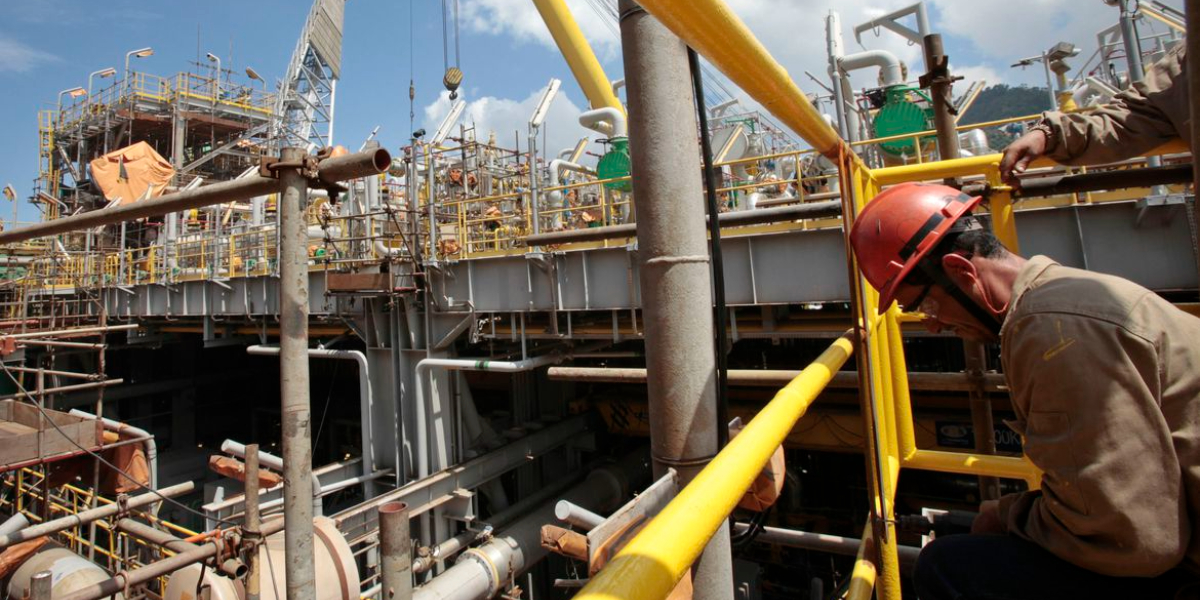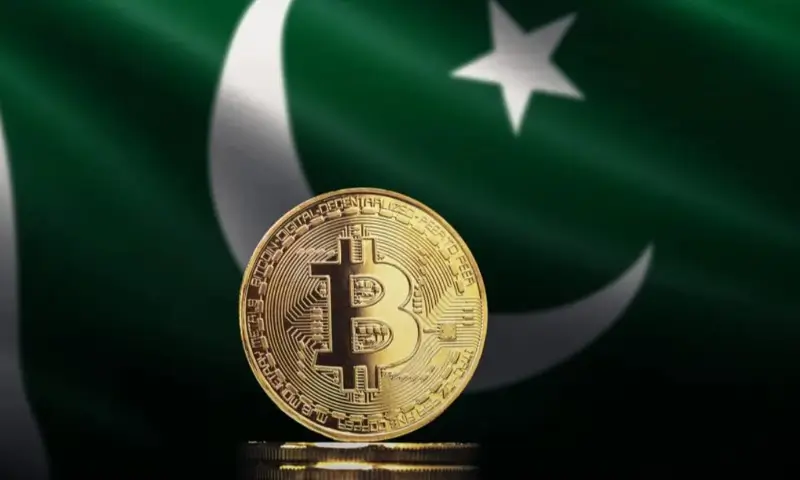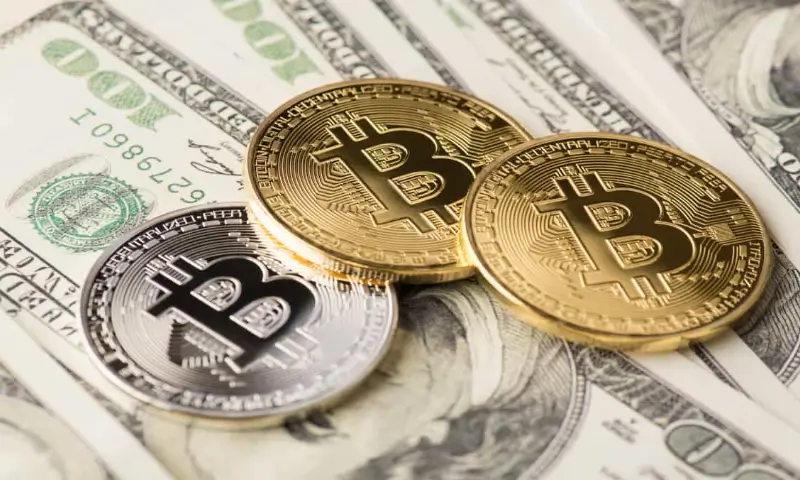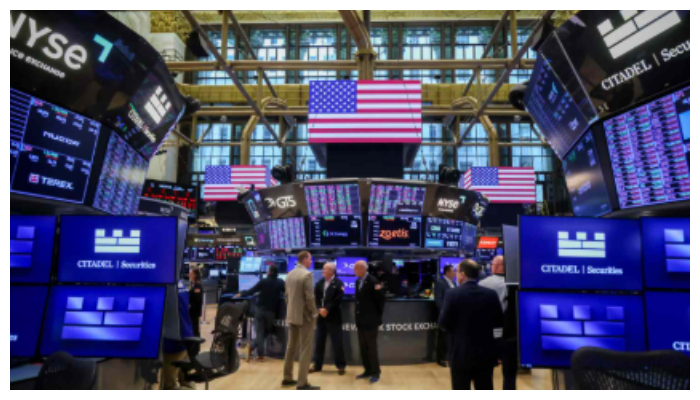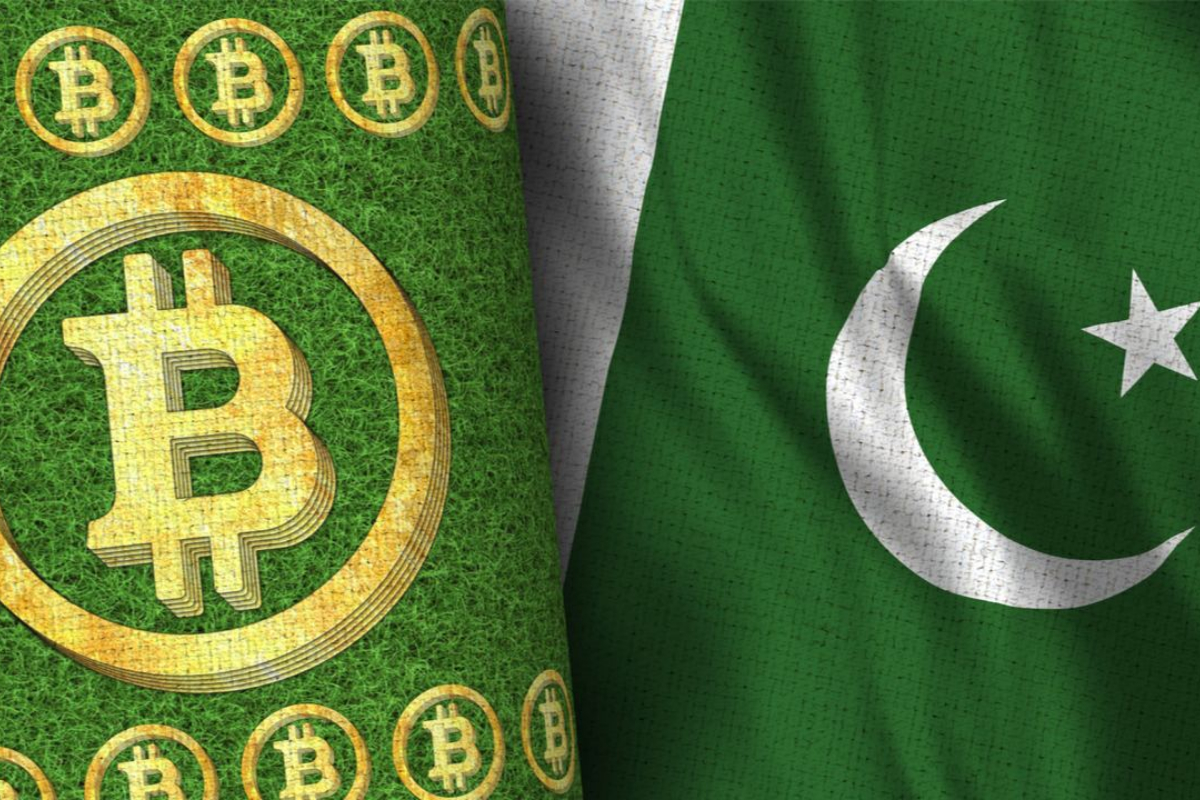- The majority of Gulf stock markets closed the day higher on Sunday.
- Crude prices, a major driver for the Gulf’s financial markets, rose 2.5 percent.
- Egypt’s blue-chip index is trading at close to its lowest level in almost six years outside of the Gulf.
In response to Friday’s gains for oil prices and global shares on hopes that the U.S. Federal Reserve will hike interest rates less aggressively than anticipated, the majority of Gulf stock markets closed the day higher on Sunday.
After falling to its lowest level in six months the previous session, Saudi Arabia’s benchmark index (.TASI) increased by 1.2 percent, driven by a 0.2 percent increase in Dr Sulaiman Al-Habib Medical Services (4013.SE).
[embedpost slug=”/biden-demands-that-gulf-leaders-increase-oil-production/”]
After a U.S. official told Reuters that an immediate Saudi oil output boost was not anticipated and as investors questioned if OPEC has the space to ramp up crude production, crude prices, a major driver for the Gulf’s financial markets, rose 2.5 percent.
Separately, the monarchy said that it would open its airspace to all carriers, enabling more overflights to and from Israel. U.S. President Joe Biden applauded the move. View More
The Qatari index (.QSI) increased by 0.9 percent, with Commercial Bank (COMB.QA) rising by 3.2 percent and Qatar National Bank (QNBK.QA), the largest lender in the Gulf, ending the day up by 1.6 percent.
Egypt’s blue-chip index (.EGX30) is trading at close to its lowest level in almost six years outside of the Gulf. Due in part to a 1.1 percent gain for top lender Commercial International Bank, it increased by 0.1 percent on Sunday (COMI.CA).
A steep decline in foreign portfolio investor holdings and growing import costs for essential commodities, particularly since Russia’s invasion of Ukraine, have put Egypt’s finances under pressure. In May, headline inflation increased to 13.5%.
[embedpost slug=”/how-workers-survive-intense-gulf-heat/”]

